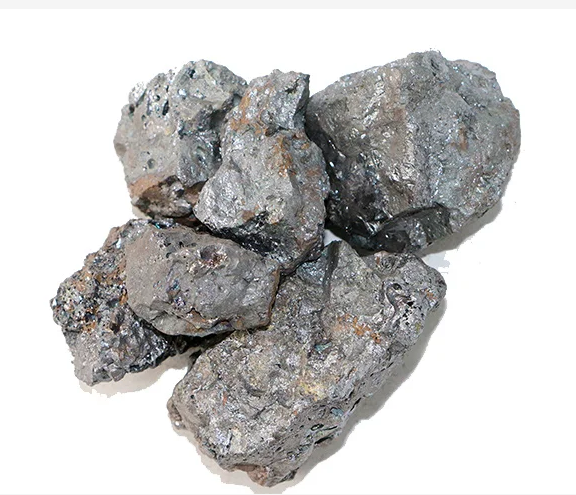Silicon slag, a byproduct of silicon metal production, may often be overlooked in discussions of industrial materials. However, this seemingly unassuming byproduct has a variety of applications across multiple industries, proving its utility and economic value. Understanding what silicon slag is used for can provide insights into its importance and how it contributes to various processes.

Silicon slag is produced during the refinement of silicon metal. When silicon ore is refined, impurities are removed, and silicon slag is created. This slag contains residual silicon and other elements such as calcium, aluminum, and iron. Despite being a byproduct, silicon slag still holds significant value due to its residual silicon content and other chemical properties.
Uses of Silicon Slag
- Steelmaking Industry
Silicon slag is widely used in the steelmaking industry as a cost-effective deoxidizer. Deoxidizers are materials used to remove oxygen from molten steel, preventing the formation of oxides which can compromise the quality of the steel. The presence of residual silicon in silicon slag makes it an efficient deoxidizer, enhancing the mechanical properties and durability of the final steel product.
- Foundry Industry
In the foundry industry, silicon slag is used as an additive in the casting process. It helps improve the fluidity of molten metal, leading to better filling of molds and reducing the occurrence of casting defects. The use of silicon slag can enhance the surface finish and dimensional accuracy of cast products, making it a valuable material in producing high-quality castings.
- Fertilizer Production
Silicon slag is also used in the agricultural sector, particularly in the production of fertilizers. The residual silicon content can be beneficial for soil health, improving its structure and promoting plant growth. Silicon is known to strengthen plant cell walls, enhance resistance to pests and diseases, and improve overall crop yields.
- Non-Ferrous Alloy Production
In the production of non-ferrous alloys, silicon slag can be used as a reducing agent. Its residual silicon content aids in the reduction process, facilitating the extraction of metals such as aluminum, magnesium, and titanium from their ores. This application highlights the versatility of silicon slag in various metallurgical processes.
- Environmental Applications
Silicon slag can also play a role in environmental protection. It can be used in waste treatment processes, particularly in the neutralization of acidic waste streams. The alkaline nature of silicon slag helps neutralize acidity, making it a useful material for managing industrial waste and minimizing environmental impact.
- Construction Industry
In the construction industry, silicon slag is sometimes used as a supplementary material in cement and concrete production. Its inclusion can improve the strength and durability of concrete, as well as its resistance to harsh environmental conditions. This application not only utilizes a byproduct but also enhances the sustainability of construction materials.
Silicon slag, despite being a byproduct of silicon metal production, finds extensive use in various industries due to its beneficial properties. From improving the quality of steel and castings to enhancing soil health and aiding in environmental protection, silicon slag demonstrates significant versatility and value. Its applications underscore the importance of utilizing industrial byproducts, contributing to more sustainable and efficient industrial practices.